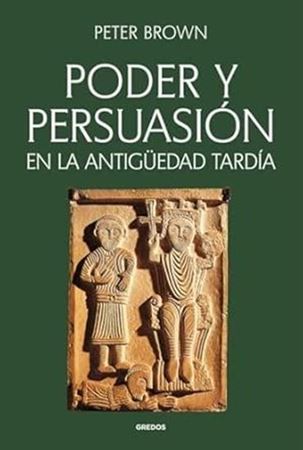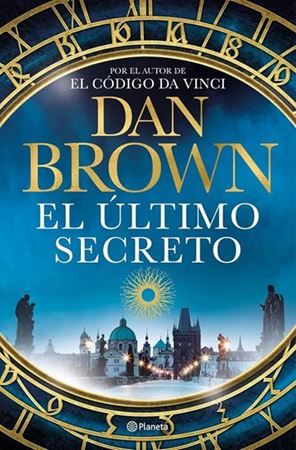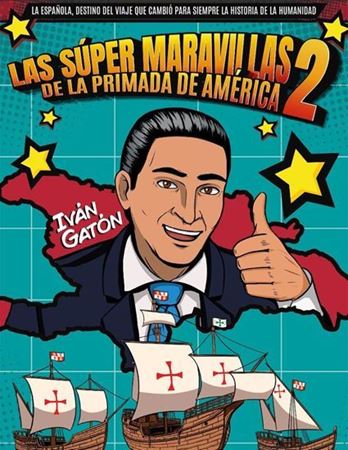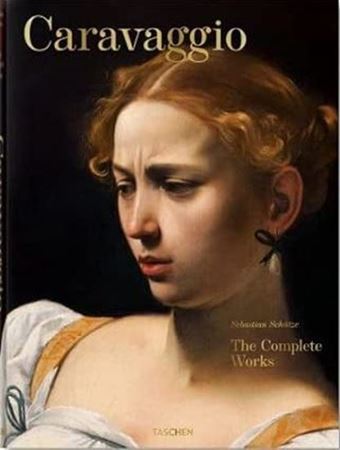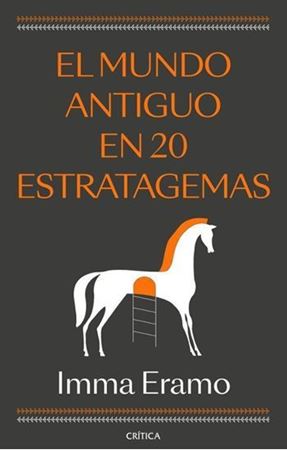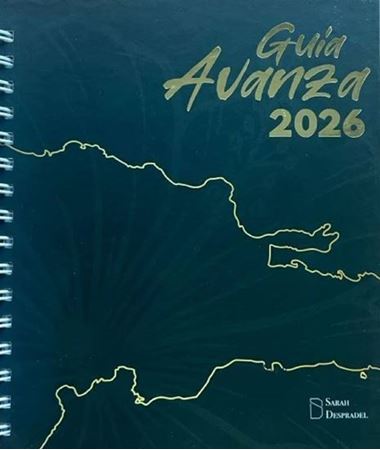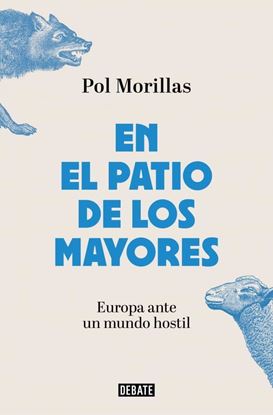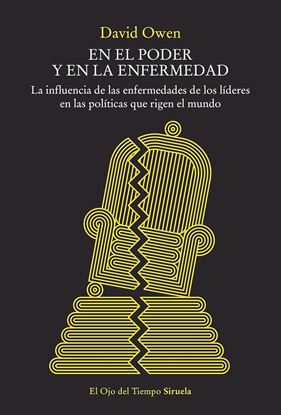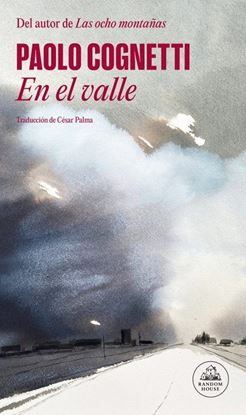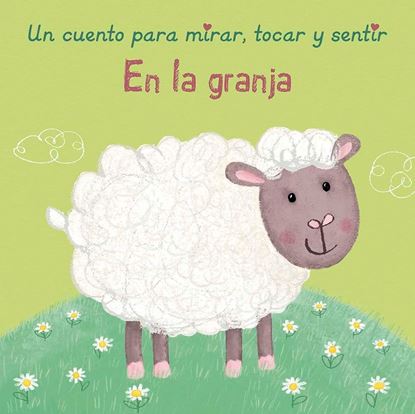

NOVEDADES
EN EL MAR. COLOREA Y COMPLETA CON STIKER
Esta pequeña gran colección tiene formato de maletita, con un asa para que los más pequeños puedan llevar sus libros a todas partes. Con este librito van a poder saber cómo son y aprender los nombres de más de 20 animales marinos.
350
280
EN EL PATIO DE LOS MAYORES
¿Cómo sobrevivirá Europa al nuevo desorden global? ¿Cuánta Europa será necesaria?
«Pol Morillas observa, analiza, disecciona y concluye con precisión de cirujano. Nada se le escapa de lo que mueve al mundo de hoy, a pesar de que el mundo quiera escaparse de las razones que lo han regido durante décadas».
Josep Cuní, periodista y presentador de Las Mañanas de RNE
El regreso de Donald Trump a la Casa Blanca, la invasión de Ucrania, la desestabilización de Oriente Próximo y la rivalidad entre China y Estados Unidos son solo algunos de los sucesos que componen el nuevo escenario mundial, cada vez más alejado de la manera euroro. pea de de entender el mundo pero con un impacto real en la vida cotidiana de sus ciudadanos.
En este contexto de gran hostilidad, dominado por actores que rivalizan por el poder y debilitan la cooperación internacional, la Unión Europea se está viendo forzada a madurar a marchas forzadas. Lo tiene que hacer, además, mientras "patriotas" y nacionalistas amenazan con reducirla a su mínima expresión.
En el patio de los mayores analiza el descomunal reto al que se enfrenta Europa para alcanzar su madurez geopolítica y erigirse así como protagonista internacional.
1,450
1,160
EN EL PODER Y EN LA ENFERMEDAD
En el poder y en la enfermedad trata de la interrelación entre la política y la medicina; aborda la repercusión de las enfermedades y las terapias ―tanto físicas como mentales― en la toma de decisiones de los jefes de Estado y de Gobierno hasta el extremo de causar una suerte de locura, en términos de insensatez, estupidez o irreflexión. Naturalmente, la enfermedad en personalidades públicas suscita importantes cuestiones sobre los peligros que conlleva mantener en secreto la dolencia, o la dificultad para destituir a los dirigentes enfermos.
1,995
1,596
EN EL VALLE
Los hermanos Alfredo y Luigi son tan distintos como los árboles que su padre plantó frente a la vieja casa familiar cuando nacieron. El de Luigi, un alerce que busca la luz del sol y se agita con el viento, es duro y frágil al mismo tiempo. El de Alfredo, un abeto fuerte y resistente, es inquieto y sombrío. Después de siete años fuera, y tras la trágica muerte del padre, Alfredo regresa a Valsesia para venderle a su hermano la parte de la casa que le corresponde. Luigi, que se ha establecido como agente forestal, pretende empezar allí una nueva vida con Elisabetta y el bebé que esperan. Mientras tanto, el futuro proyecto de una estación de esquí y el animal salvaje que está asesinando a los perros de la zona amenazan la imperturbable vida del valle.
En el valle es el particular homenaje de Cognetti al Nebraska de Bruce Springsteen y a la narrativa deJack London. Con una prosa bella y despojada al servicio de una novela melancólica y a veces brutal, el autor de Las ocho montañas nos ofrece una historia de disputas familiares y desamor, y nos relata existencias frágiles marcadas por el alcohol y la violencia latente de un mundo rural alejado de cualquier bucolismo.
1,150
920
EN LA BUSQUEDA DEL YO: EXPLORANDO EL SER
En la búsqueda del yo: ¡explorando el ser interior! es un viaje introspectivo que nos invita a recorrer caminos desconocidos y a emprender un emocionante peregrinaje hacia el autodescubrimiento. A través de estas páginas, nos sumergiremos en los recovecos de la psique humana, explorando los rincones ocultos de nuestras emociones, pensamientos y experiencias. Nos adentraremos en loslaberintos de la identidad, desafiando las máscaras sociales que
nos hemos impuesto y desvelando nuestra verdadera naturaleza.
“Saberse a uno mismo es el primer paso en el camino hacia una vida más consciente, auténtica y plena”. En el vasto universo del conocimiento y la exploración de la mente humana, se erige un faro de sabiduría que nos invita a emprender un viaje hacia el descubrimiento más profundo de nosotros mismos. En esta travesía, nos sumergimos en las aguas insondables de la filosofía, la psicología y la espiritualidad. Estas disciplinas, como hilos entrelazados, nos guían hacia una comprensión más completa de lo que significa ser humano. Es en este contexto en el que surge ante nosotros un libro perspicaz y cautivador: En la búsqueda del “yo”: explorando el ser interior.
Sus páginas, impregnadas de reflexiones y enseñanzas, se convierten en un espejo, reflejo del lector, invitándolo a explorar su propio ser y descubrir las capas ocultas que conforman su identidad. En este libro encontrarás cómo la filosofía, con su capacidad de cuestionar el sentido de la existencia y desentrañar los misterios de la realidad, se entrelaza con la psicología, la ciencia que nos adentra en los laberintos de la mente y las emociones humanas; y la espiritualidad, que nos invita a explorar las dimensiones más profundas de nuestra existencia, conectando con lo trascendental y buscando un propósito más allá de lo material.
1,200
960
EN LA GRANJA (PIC)
¿Qué tacto tiene el pollito? ¿Y cómo es la rueda de un tractor? Un primer diccionario con grandes y emocionantes elementos táctiles. ¡Para que aprender a hablar resulte de lo más divertido!
650
520


